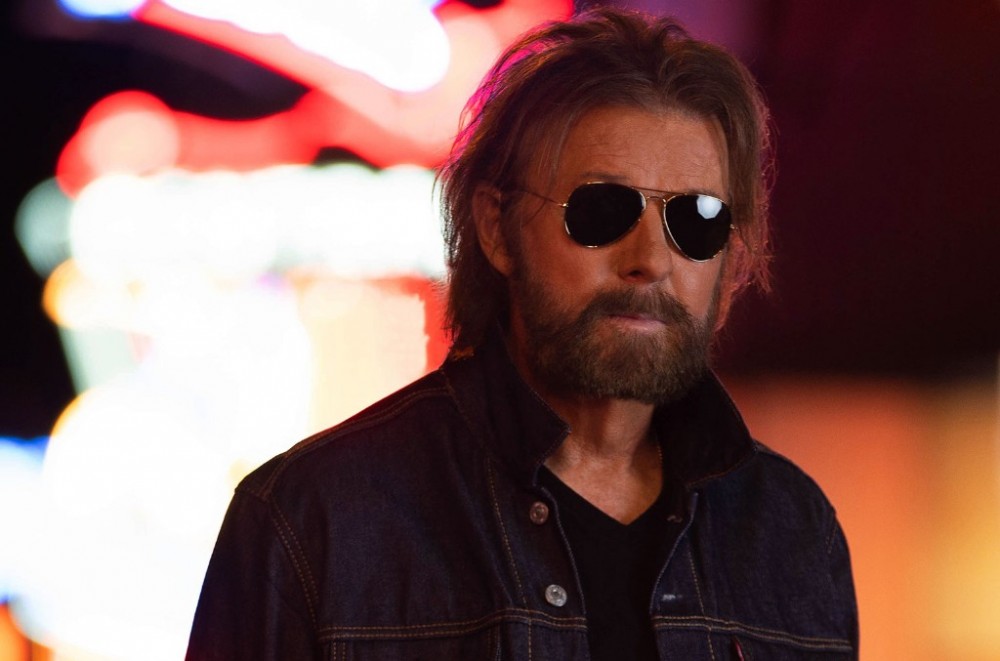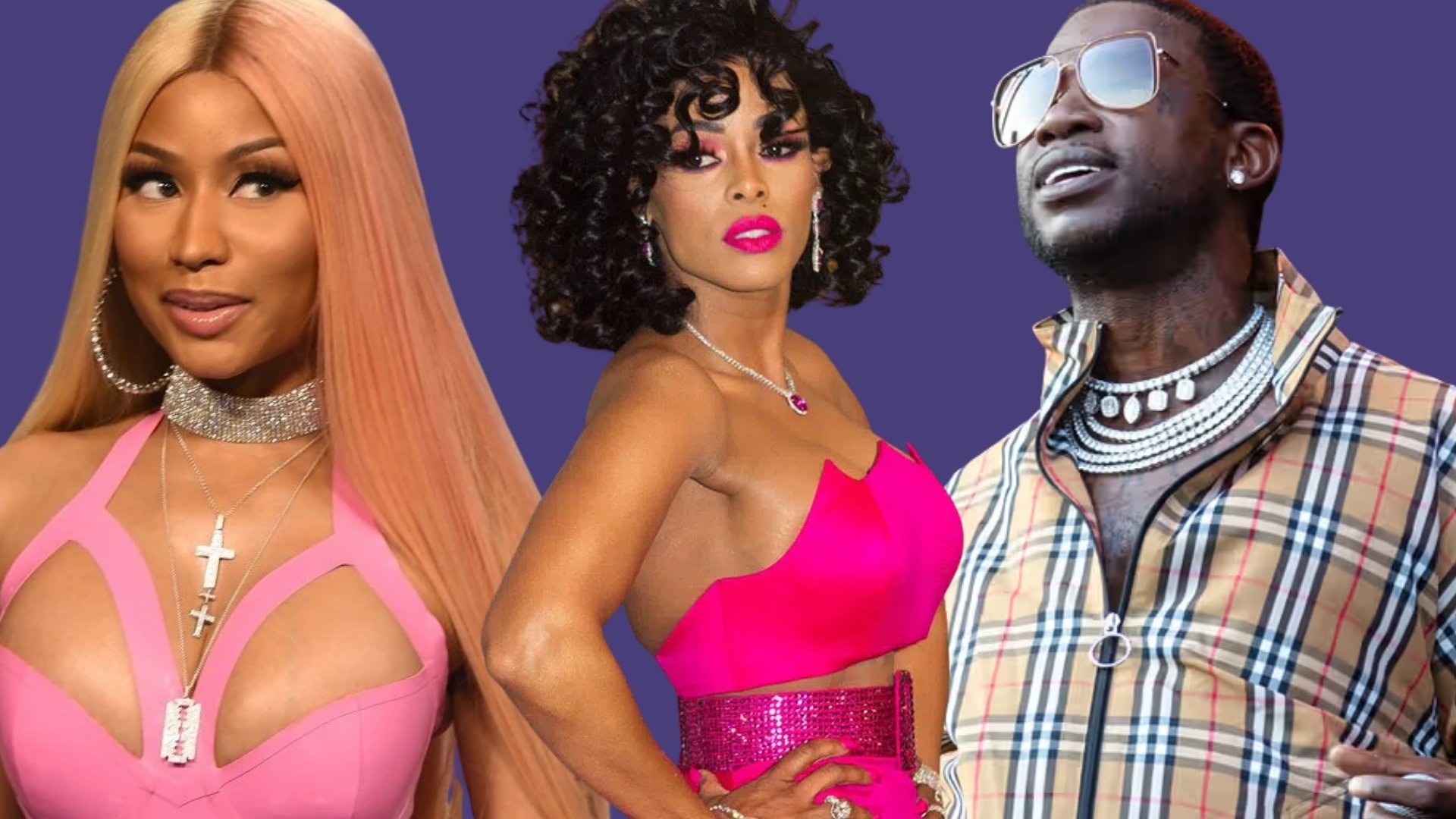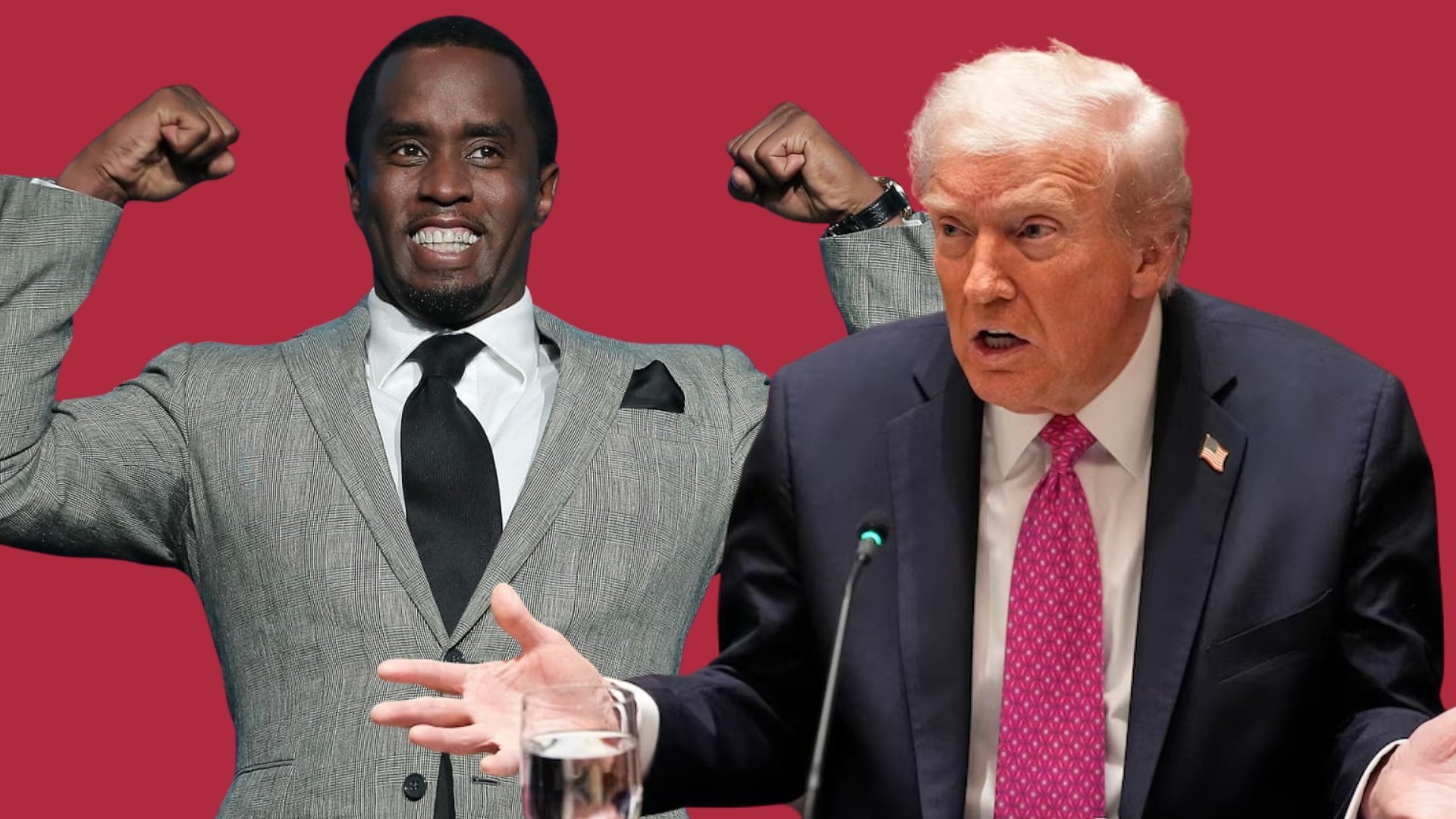Some people don’t fix mental health.
Oh, but some people do.
Increasingly, country artists are among them. And they’re tearing down old stigmas by sharing pieces of their experiences publicly. A few examples include:
• Ronnie Dunn announced to the crowd as Brooks & Dunn joined the Country Music Hall of Fame last October that his therapist was one of his guests for the evening.
• Brett Eldredge has revealed that several years of therapy and meditation have created more stability and that his forthcoming album, Sunday Drive, is deeper and more personal because of his new-found strength.
• Kelsea Ballerini shared in multiple interviews surrounding her new album, kelsea, that she used therapy to better understand how she has evolved as a person since becoming a national figure.
• Old Dominion lead vocalist Matthew Ramsey told Billboard that writing the group’s current single, “Some People Do,” tapped into such deep and uncomfortable emotions that he sought out a counselor the next day and stayed with the process for at least two years.
“I’m still in it, and I’m so grateful for it,” he said in January. “I wish I hadn’t taken so long to do it.”
From the outside, one might think successful country singers would have the world by the tail. They typically worked hard and overcame plenty of obstacles to earn a national audience, they get paid good money to do a job they enjoy, and they receive applause from crowds of strangers when they do that job onstage.
But beyond that shiny surface is a complicated web of not-so-easy issues. They are forced to be bosses, often changing the dynamic with people who are also friends; they are away from friends and family for long periods of time; the travel can be physically taxing and emotionally disorienting; and even when they are not on the road, they juggle business duties — such as writing, recording and meetings — with spending time with loved ones they feel guilty about ignoring.
At the same time, fame often attracts hangers-on who heap praise on artists and inflate their sense of importance. Each city brings more praise from a new set of people, sometimes accompanied by destructive temptations. Meanwhile, artists are keenly aware that numerous events — from a poor choice for the next single to a change in the management at the label to a dumb statement in the media — have the ability to nick or even tank a career.
“I can’t count or remember the people who I’ve seen come and go in the music business who just imploded for one reason or another,” says Dunn. “It’s not just that radio sometimes would not play their songs and they couldn’t get traction — which is, of course, an issue — but they’re not armed for what you have to deal with on the personal level: the separation and everything else that’s out there.”
That “everything else” includes physical safety, which has created some of the surge in country artists’ increased emphasis on mental health.
“After the Las Vegas shooting in 2017], trauma therapy became such an immediate need that I think opened the door to start talking about it more,” says Music Health Alliance founder/CEO Tatum Hauck Allsep.
When the coronavirus lockdown wiped out the concert calendar, it triggered yet another wave of anxieties — and not just for the music industry.
“You’re not used to staying at home,” says Allsep. “Being in one place and having to reflect on a lot of things you’ve run from, it’s hard. … That’s where the counseling pieces have become effective tools to help find balance.”
The Nashville area boasts at least two agencies that have been key to improving mental and emotional health in the music business: OnSite, which offers experiential programs and retreats for personal growth, and Porter’s Call, a nonprofit that provides mental support specifically to artists and their families.
Porter’s Call started in 2001, seeded by money from Christian label Sparrow Records, but it has grown beyond its original borders, helping over 3,000 people navigate personal mental health in the glare of the public eye. Thomas Rhett, RaeLynn, Lady Antebellum‘s Hillary Scott and Dan + Shay‘s Shay Mooney are among the acts who have endorsed it on the agency’s website.
At the heart of most emotional problems is a conflict between the real world and what the individual believes the real world should be. And the artist’s job description practically creates that type of dichotomy, especially in times of personal turmoil.
“I don’t go to a concert to hear people’s problems, I go to see a show and to enjoy it and be encouraged,” says Porter’s Call founder/executive director Al Andrews. “The distance between who they know they are and who they have to present is huge, and that in itself is a stress because you have to keep one of them up while the other is crumbling. I often tell people, ‘Try to bridge the distance between the person onstage and the person off.’ “
That is key to Eldredge’s transformation. He had difficulty sleeping on his tour bus, sometimes getting just one hour of shut-eye a night. It gave him time to obsess over career fears and to focus on feeling depleted, which made it even harder to sleep. It created a cycle that he was only able to break once he got help.
“Anxiety and worries are the most human thing there are,” he says. “If you change your relationship with them, you change your thoughts, you change your mind.”
As his internal work led to a new outlook, Eldredge revised his team; introduced some of his creative partners to his childhood home in Paris, Ill.; and recorded an album of songs that are enmeshed with the world he knows.
“I didn’t realize the level of vulnerability I could allow myself to have,” he says. “It’s still a scary thing for me, but pushing outside my comfort zone and all that has been huge.”
It’s likely that that sort of clarity helped Dunn write such introspective landmarks as “Believe” and “Red Dirt Road.” But his journey has not been easy, either. When Brooks & Dunn began in 1991, he was newly married for a second time and had to leave his two preteen children with a stepmother they hardly knew while he hit the road singing “Brand New Man.” They weathered the storm, but he attributes some of the family’s success to counseling, a process he compares to getting a tuneup on the car.
“That old stigma that there must be something really wrong with you if you’re going to a therapist, that’s so dated,” he says. “It’s just someone who can sit down and talk to you on a personal basis, and they have the tools and the skills and the education to get to you beyond just business.”
Andrews is encouraged that artists are increasingly tapping those kinds of resources to navigate pressures they rarely imagine during their formative years.
“The problems and struggles and issues that artists face are, at one level, very predictable, and if we know that, then it’s irresponsible of us in the industry not to begin addressing that early in the career,” says Andrews. “In the past that hasn’t been done. You get somebody right out of a little town, and in two years they’re multimillionaires and they don’t know what to do with it. Either that, or in two years they have nothing and they don’t know what to do with it. And I’m not sure which is a more difficult struggle.”
As more artists embrace mental health, they are likely to have a positive influence on audiences through public comments and through their art. Based on feedback from listeners, Ramsey believes some fans were inspired to address their own personal issues because he wrote the lyric, “Most people don’t change, but some people do.”
“I think it’s an important part of what this song can do,” says Ramsey. “And it’s an important part of why we recorded it.”
This article first appeared in the weekly Billboard Country Update newsletter. Click here to subscribe for free.



